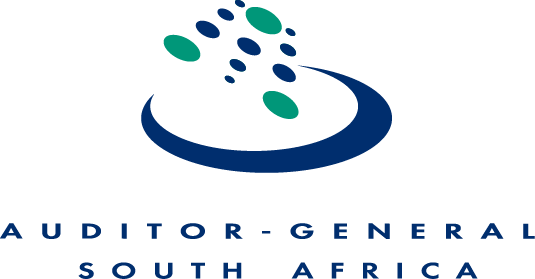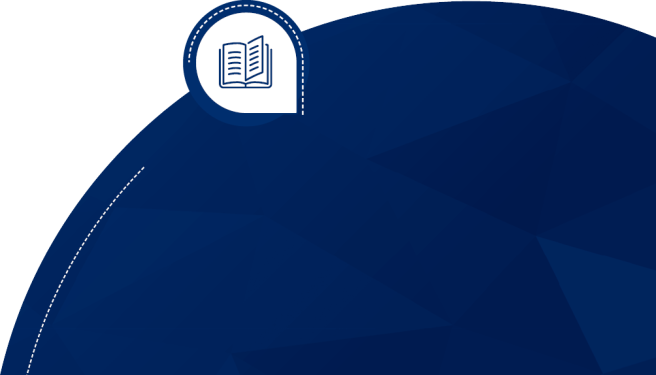
Transformation
Drove targeted transformation

Outsourced work distributed to black-owned and black women-owned firms on a small scale
Outsourced work distributed to black-owned and black women-owned firms on a large scale
As a good corporate citizen we support transformation objectives for economic empowerment, poverty alleviation and equality in South Africa. We used the allocation of audit work to private firms to effectively support growth and access to economic opportunities for black-owned and transformed firms.
Entrenching transformation at the AGSA
We have entrenched transformation into our organisational culture, especially in our supply chain management processes and people value chains. We are addressing reports of non-audit black-owned businesses in rural areas having difficulty upgrading their security standards, which has an impact on our being able to use them as service providers. Our enterprise development programme will support these suppliers by conducting a gap analysis, which will inform subsequent interventions.
Our quarterly organisational EE Forum identifies barriers – such as unfair recruitment processes, a lack of reasonable accommodation for persons with disabilities, and gender-related matters – and solutions to support a culture of transformation. We have incorporated detailed solutions to these barriers in our new five-year EE plan.
Extending our transformation culture outward, we worked in collaboration with the wesolve4xconsultancy, a 100% black-owned company of actuaries, to pilot a project at the Glenbrack High School in Boksburg. The project supports learners studying mathematics, mainly by providing them with the tools necessary for their studies. We will evaluate the results of the pilot project before deciding whether to extend this project to all the AGSA’s adopted schools.
Management control
While we met our B-BBEE targets at the level of exco, executive, and senior management, we did not meet the targets at the middle and junior management levels, nor did we meet the coloured demographic EAP targets.
We continued to promote an inclusive culture for persons with disabilities and ring-fenced positions, supported by the employee wellness programme and our leadership who remain key enablers for achieving these targets.
Skills development
Our contribution to transformation has gone beyond the audit profession. Our learnership intake has diversified and currently includes non-audit professions.
The organisation-wide budget cuts to ensure our sustainability through the pandemic and its aftermath had a profound effect on our training and development programmes. With the pandemic restricting traditional face-to-face learning, we explored innovative ways to deliver skills development such as e-learning, where venue and travelling costs became virtual platform and connectivity costs.
Persons with disabilities continue to be the most vulnerable group in society and most likely to experience economic exclusion. As a result, we continue to elevate their challenges and difficulties and are making deliberate efforts to host an internship programme that specifically focuses on persons with disabilities.
Preferential procurement
We achieved full points for preferential procurement. In contributing to the country’s economic growth we made a deliberate effort to support procurement from B-BBEE-compliant suppliers. We focused our procurement on exempted micro enterprises (EMEs) and qualifying small enterprises (QSEs), and continued to support 51% black, and 30% black women-owned businesses.
We also achieved the procurement target for designated groups*, particularly small youth-owned businesses, and developed a B-BBEE procurement framework to safeguard our support of small black-owned businesses.
We commend our staff for their willingness to actively identify and support small businesses. Similar to last year, the pandemic provided us with an opportunity to prioritise payments to small businesses.
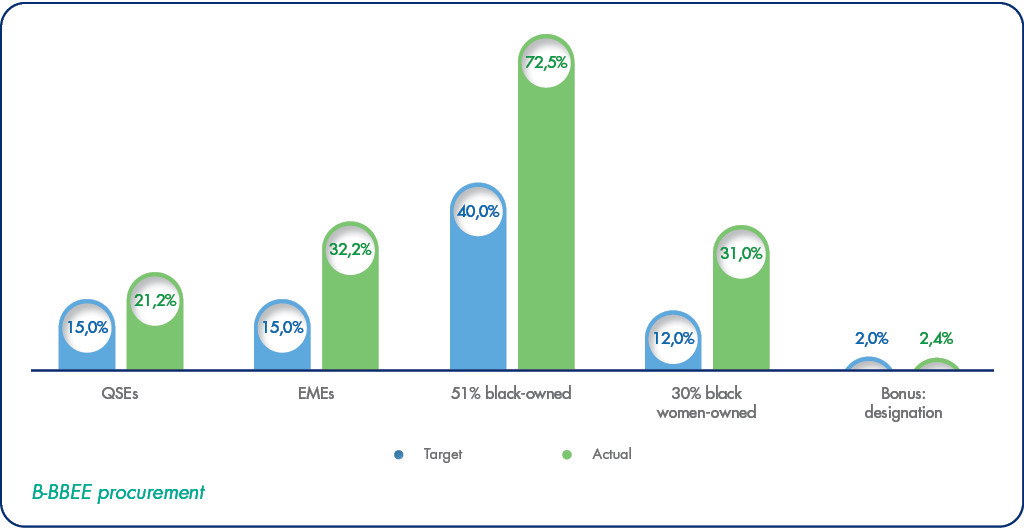
* Designated groups include small businesses owned by black youth, persons with disabilities, military veterans and peri-urban or rural enterprises.
Enterprise and supplier development programme
The objective of our ESD programme is to provide financial and business support to help qualifying companies overcome obstacles and increase their market competitiveness. Our small ESD programme successfully introduced our small and medium-sized audit firms into the mainstream economy, accelerated their growth and ensured the sustainability of black and black women-owned firms, which transforms the auditing landscape.
The ESD programme runs over a five-year cycle. In March every year, ESD beneficiaries are assessed to determine which will proceed with the programme. In 2021, we assessed the 20 beneficiaries selected for the ESD programme.
Thirteen small audit firms applied to join the programme. However, the organisation’s cost reduction initiative, driven by the covid-19 pandemic, allowed for the inclusion of only four firms into the programme for the remaining 2020-25 tender cycle.
The R2 000 000 ESD programme budget for 2021-22 was exceeded by R500 000. The additional funds were used to align firms’ operational infrastructure such as IT equipment to our specifications. We also helped firms to comply with professional bodies and to obtain other office material.
The table below shows our financial assistance to firms during 2021-22:
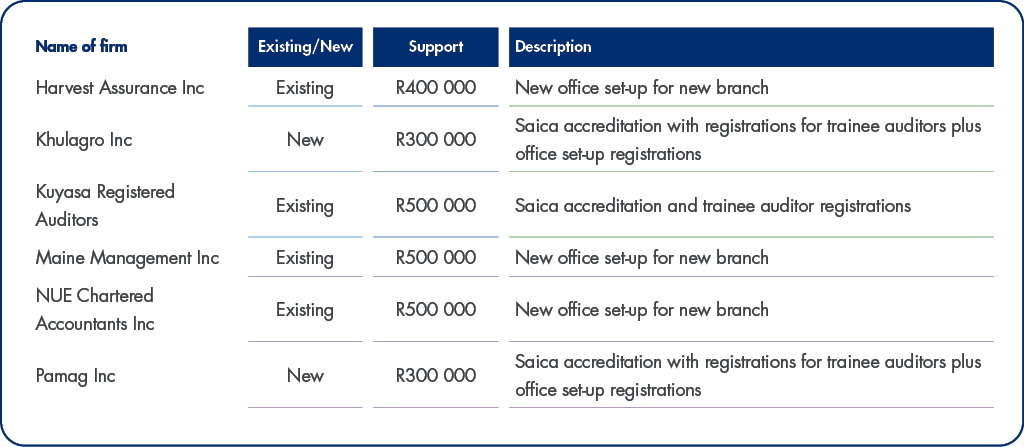
In addition, to help their business continuity and sustainability we provided ESD firms with grants for operating resources, which contributed to their rapid growth. Some firms expanded to other provinces and some increased their Saica trainee quotas, making them eligible to be prioritised for ad hoc work.
Nationally, 11 ESD beneficiaries applied for Saica office accreditation and five applied to increase their trainee quota. Four firms received their office accreditation and three firms were allocated an additional four trainees. The remainder of the firms are still in the application process.
We outsourced audit work and pre-issuance reviews to these firms, assisting them to create a total of 298 jobs during the year. ESD beneficiaries shared 23% of our total outsourced audit expenditure (R201million of our total outsourced audit expenditure).
Contracted audit work
Outsourced audit expenditure increased in the current year to R983 019 000 as a result of our additional audit work, which included real-time audits. Of the total expenditure, R880 035 338 (90%) was paid to the outsource creditors and the remaining 10% was accrued at year end, and will be paid in the new financial year.
B-BBEE levels 1 and 2 audit firms were allocated 88% (R865 million) of the total outsourced audit work and were subsequently paid 88% (R777 million) of the total paid.
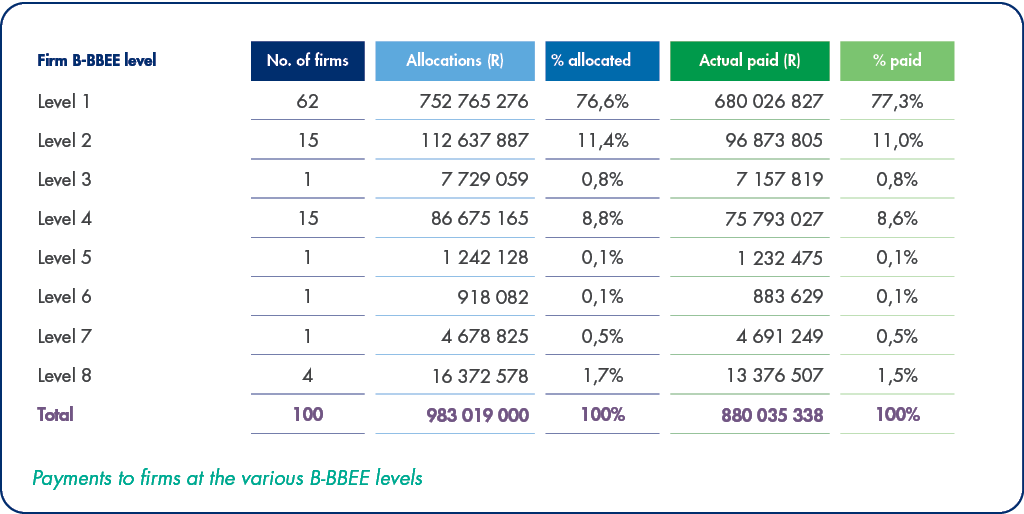
Expenditure on 51% black-owned firms
Our tender processes continue to be open to subcontracting and partnering opportunities for 51% black- and 30% black women-owned EMEs and QSEs. Our allocation processes for ad hoc audit work also prioritise 51% black and 30% black women-owned firms.

Our contracted audit work to 51% black-owned firms increased from 66% of our total expenditure in 2020-21 to 70% in 2021-22. The actual expenditure on these firms for 2021-22 was R613 886 371.

Our audit work expenditure on 30% black women-owned firms increased from 21% to 26% in 2021-22.
Socio-economic development
The AGSA’s transformation strategy strives to respond to South Africa’s transformation objectives for economic empowerment, poverty alleviation and equality by implementing the B-BBEE mechanism.
Our socio-economic development programme is not only a component of the broader B-BBBEE mechanism, but is also viewed as a critical lever to drive transformation in the accounting and auditing profession. The programme is driven by three initiatives: Mandela day, adopted schools and historically disadvantaged universities.
In 2021-22, all our socio-economic development activities were aligned to the theme covid-19: alleviation of poverty and inequality. We allocated R780 000 to the programme, with each business unit within the organisation receiving approximately R23 000 for their identified projects.
Adopted schools initiative
We actively engaged rural and peri-urban schools (including those that have students with disabilities) to introduce the accounting and auditing professions. Our business units adopt these schools to introduce students to the profession and assist them to gain access to tertiary institutions that offer accounting and auditing degrees.
However, because of the impact of the covid-19 pandemic, students had difficulty applying for an AGSA bursary. We had to adapt our processes to help students apply for the bursary on time.
Initiatives such as bring a girl or boy child to work supplemented our schools initiative to drive transformation in these communities. During 2021-22, we spent R283 514 to support 14 schools, including those providing special needs services.
Mandela day initiative
Mandela Day is commemorated annually as part of International Mandela Day activities. Our business units identified beneficiaries in need of assistance within their proximity and determined those areas where our support would be most useful.
We spent R387 084 to support 18 beneficiaries during 2021-22.
Historically disadvantaged universities initiative
As part of our socio-economic development programme, we have partnered with the Abasa and Awca student chapters at previously disadvantaged universities. During 2021-22, we spent R70 000 to sponsor the student chapters’ annual accounting student induction and mentorship programmes at the various universities. The objective of these programmes is to bridge the information gap between the accounting profession and students, facilitate and encourage the entry of black students into the accounting profession, promote vocational training and technical education in the accounting profession and assist black students to gain access to accounting education and employment.
AGSA bursary application – Previously disadvantaged schools
As part of our transformational strategy, we maintain a bursary scheme that focuses on previously disadvantaged schools providing 30% of all applications. Our relationships with our adopted schools assist by identifying eligible students and supporting them through the application process. We also monitor the applications and approvals to ensure that we meet our 30% target.
